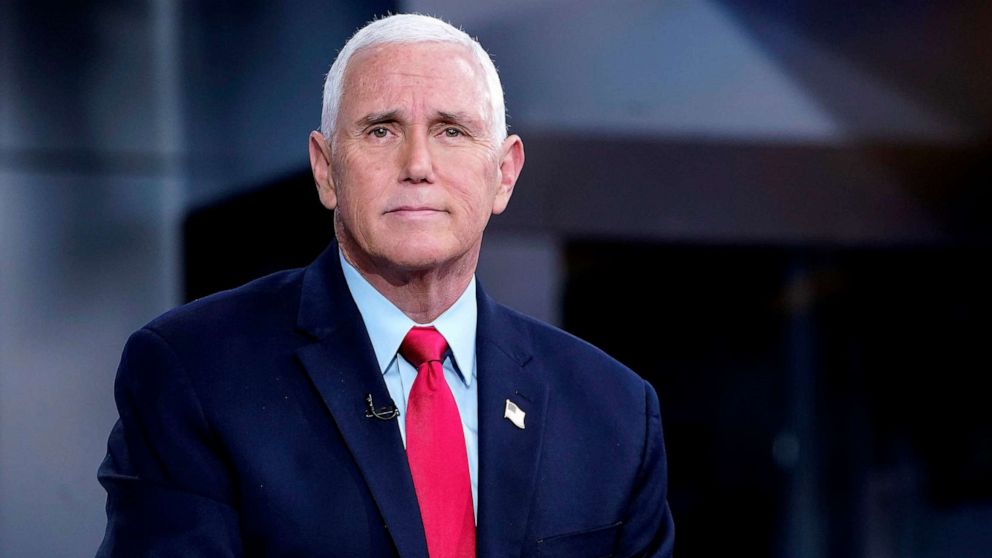In the past five and a half months, classified documents have been found at the personal residences of three separate individuals, now including former Vice President Mike Pence.
Although Pence, in relation to the investigation surrounding former President Donald Trump’s documents, denied any possession of such documents, he reportedly asked his lawyer to search his Indiana residence out of “an abundance of caution.” The lawyer, Matt Morgan, found approximately a dozen, after which he contacted the National Archives who reached out to the Justice Department.
The FBI collected the documents the same evening and, alongside the Justice Department’s National Security Division, began reviewing their contents and how they wound up at Pence’s residence.
Pence’s representative to the Archives, Greg Jacob, claims in a letter to the Archives the documents were inadvertently boxed and transported to the home. Nevertheless, Pence’s legal team drove to the National Archives on Monday to hand over the rest of the boxes and their contents for review in accordance with the Presidential Records Act.
“Vice President Pence understands the high importance of protecting sensitive and classified information and stands ready and willing to cooperate fully with the National Archives and any appropriate inquiry,” Jacob wrote in the letter.
On Tuesday, the legal team informed congressional leaders and other relevant parties, which was met with mixed responses.
House Oversight Chairman James Comer said Pence reached out and agreed to fully cooperate.
Senate Judiciary Chairman Dick Durbin said, “I don’t understand this.”
First, it was former President Donald Trump and the raid of his Florida home on Aug. 8, 2022, then President Joe Biden’s documents, first discovered on Nov. 2 at his think tank and home, and now it is Mike Pence at his personal residence.
According to CNN, “sources familiar with the process say Pence’s discovery of classified documents after the Trump and Biden controversies would suggest a more systemic problem related to classified material and the Presidential Records Act.”
The National Archives defines the Presidential Records Act as “any records created or received by the President as part of his constitutional, statutory, or ceremonial duties are the property of the United States government and will be managed by NARA (National Archives and Records Administration) at the end of the administration.”
There also lies the potential for legal consequences. If the same laws cited on the warrant for the raid of Trump’s home are or become a part of the Biden or Pence situation, three could be at play: The Espionage Act, Section 1519 of the Sarbanes-Oxley Act and Section 2071.
· The Espionage Act: “criminalizes the unauthorized retention or disclosure of information related to national defense that could harm the United States or aid a foreign adversary.” It also carries a prison sentence of up to 10 years.
· Section 1519 of the Sarbanes-Oxley Act: “sets a penalty of up to 20 years in prison per offense for the act of destroying or concealing documents or records “with the intent to impede, obstruct or influence the investigation or proper administration of any matter” within the jurisdiction of federal departments or agencies.”
· Section 2071: “criminalizes the theft or destruction of government documents. It makes it a crime, punishable by up to three years in prison per offense, for anyone with custody of any record or document from a federal court or public office to willfully and unlawfully conceal, remove, mutilate, falsify or destroy it.”
For Trump’s situation, the maximum penalty could be 33 years in prison. Whether Biden and Pence will be charged is still unclear.
“I don’t know how this happened; we need to get to the bottom of it,” said Sen. Lindsey Graham, a South Carolina Republican. “I don’t believe for a minute Mike Pence is trying to intentionally compromise national security. But clearly we’ve got a problem here.”
















Be First to Comment